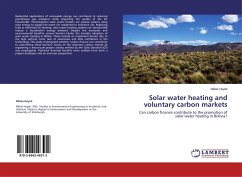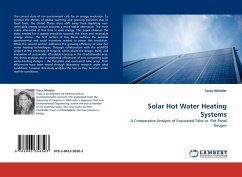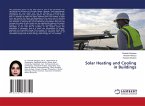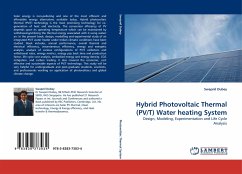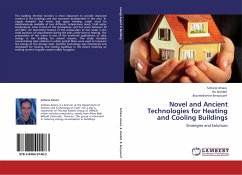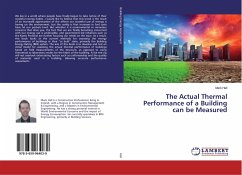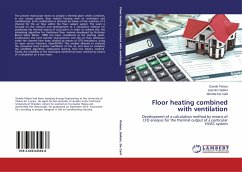Residential applications of renewable energy can contribute to reducing greenhouse gas emissions while improving the quality of life for households. Thermosiphon solar water heaters are passive systems using solar energy to supply hot water for residential or industrial use. Replacing fuels or electricity for heating, solar water heating systems can substantially reduce a household s energy demand. Despite the economic and environmental benefits, several barriers hinder the broader adoption of solar water heating in Bolivia. These include an investment barrier due to the high upfront costs, lack of awareness and little confidence in the technology. This study investigated whether carbon finance can contribute to overcoming these barriers: Access of the voluntary carbon market by registering a micro-scale project activity verified by the Gold Standard (GS) was investigated. Potential financial benefits were studied from both a project developer and an end-user perspective.
Bitte wählen Sie Ihr Anliegen aus.
Rechnungen
Retourenschein anfordern
Bestellstatus
Storno

